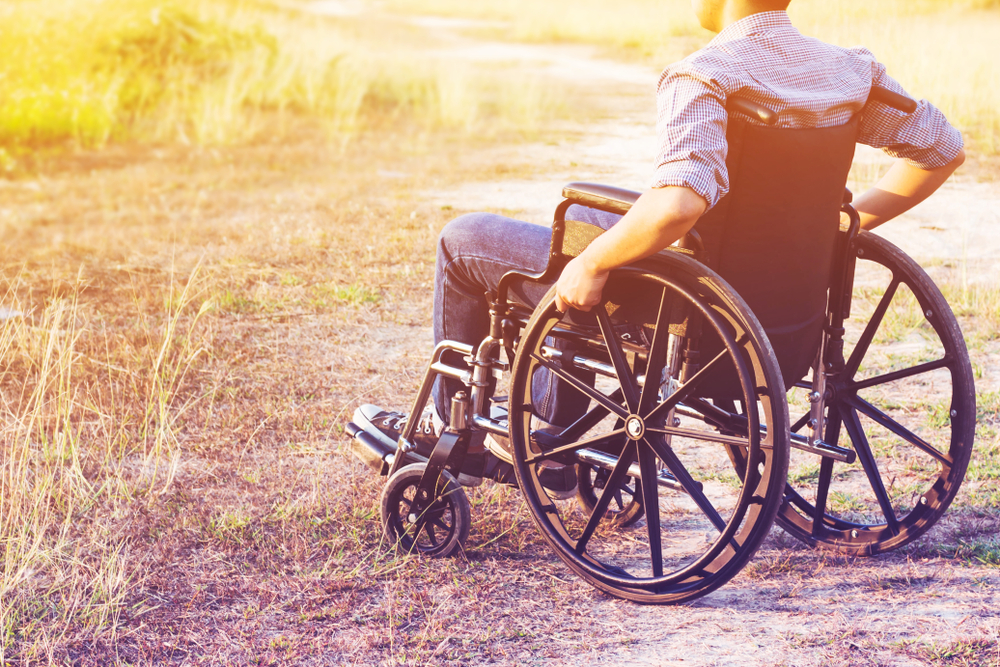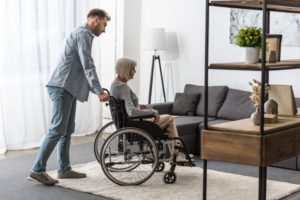
Many people wonder what happens to their SSD if they die. This issue often becomes a primary cause of concern if you use Social Security Disability (SSD) payments to support your family and dependents. Generally, SSD payments end after you pass. However, your family may qualify for survivors’ benefits. You can learn more about these benefits with our team. We’re prepared to answer your questions about disability benefits.
Your Family Must Update the Government Regarding Major Changes
The Social Security Administration (SSA) manages the Social Security Disability Insurance (SSDI) and Supplemental Security Income (SSI) programs. Your surviving family will have to legally inform the government after you pass to let them know to stop sending disability benefits.
If your family receives benefit checks in the mail in the time between your passing and the government stopping the benefits, they must return the checks. Attempting to keep or cash Social Security Disability checks can have serious results for your family.
After the government receives information about what happened, it may begin sending survivors benefits to your family in some situations. We can help you determine if these situations apply to you.
Your Family May Receive a Death Benefit After Your Passing
The SSA may provide survivors benefits to some families that rely on SSD payments. The government may also offer a one-time death benefit. Generally, the government pays a $255 lump sum as a death benefit.
This benefit will go to your surviving spouse if you are married. If you do not have a spouse, the government makes the payment to an eligible child, instead. The death benefit does not cancel out survivors benefits.
Personal Injury Lawyer Near Me 828.286.3866
Survivors Benefits for Your Spouse After Your Passing
Your spouse may continue to receive benefits from the government after you pass if you received SSD payments. However, your spouse must meet certain eligibility requirements to receive this funding.
Eligibility Criteria for Survivors Benefits Your Spouse Must Meet
Additionally, the government does not provide the same percentage of your SSD benefit in all situations. Your spouse may receive differing amounts if they are:
- At least 50 and disabled
- At least 60 but not at full age for retirement
- At full retirement age
- Caring for a child under 16
Our Lawyers Can Explain What Your Spouse Could Expect of Survivors Benefits
Your spouse may receive a reduced monthly benefit if they are not at full retirement age when you pass away.
We can help you calculate the likely widow or widower’s benefit your spouse could expect as you plan for the financial future of your family. Our team understands the complicated nature of the SSD system, and we’re prepared to answer your questions about it.
Survivors Benefits for Your Children After Your Passing
The government provides survivors benefits to people beyond your spouse, depending upon your situation. Additional beneficiaries may include:
Minor Children
Your minor children may receive survivors benefits. The government offers these benefits to natural, adopted, and stepchildren as long as they are under 18 and unmarried. These benefits come to a stop the month before the child’s eighteenth birthday.
Adult Children
In some situations, your adult children may receive these benefits. The SSA only sends out benefits to adult children if they are:
- Under 19 and studying full time at a secondary school OR
- Disabled
Note that the secondary school exception only applies to children attending high school. Children in college or a university do not qualify for this exemption.
Additionally, your child may only qualify for benefits if they sustained their disability before they turned 22. Otherwise, they may not be able to receive survivors benefits. Furthermore, a disabled child no longer receives your benefits if they marry someone.


Survivors Benefits for Other Family Members After Your Passing
In some rare situations, you may also count on survivors benefits for grandchildren or parents. Generally, you have to have provided for and lived with your grandchildren for them to receive these benefits.
Your parents may receive benefits if you provide for them and they are over the age of 62. You can discuss these situations with your lawyer.
Learn More About Your SSD Payments and Survivors Benefits
What happens to your SSD if you die? Generally, the government stops making these payments. However, your family may still receive support from survivors benefits. Our firm can explain how SSD works. Learn more with our team at Farmer & Morris Law, PLLC. Our Social Security disability lawyers are ready to lend a hand. The initial consultation is free.












